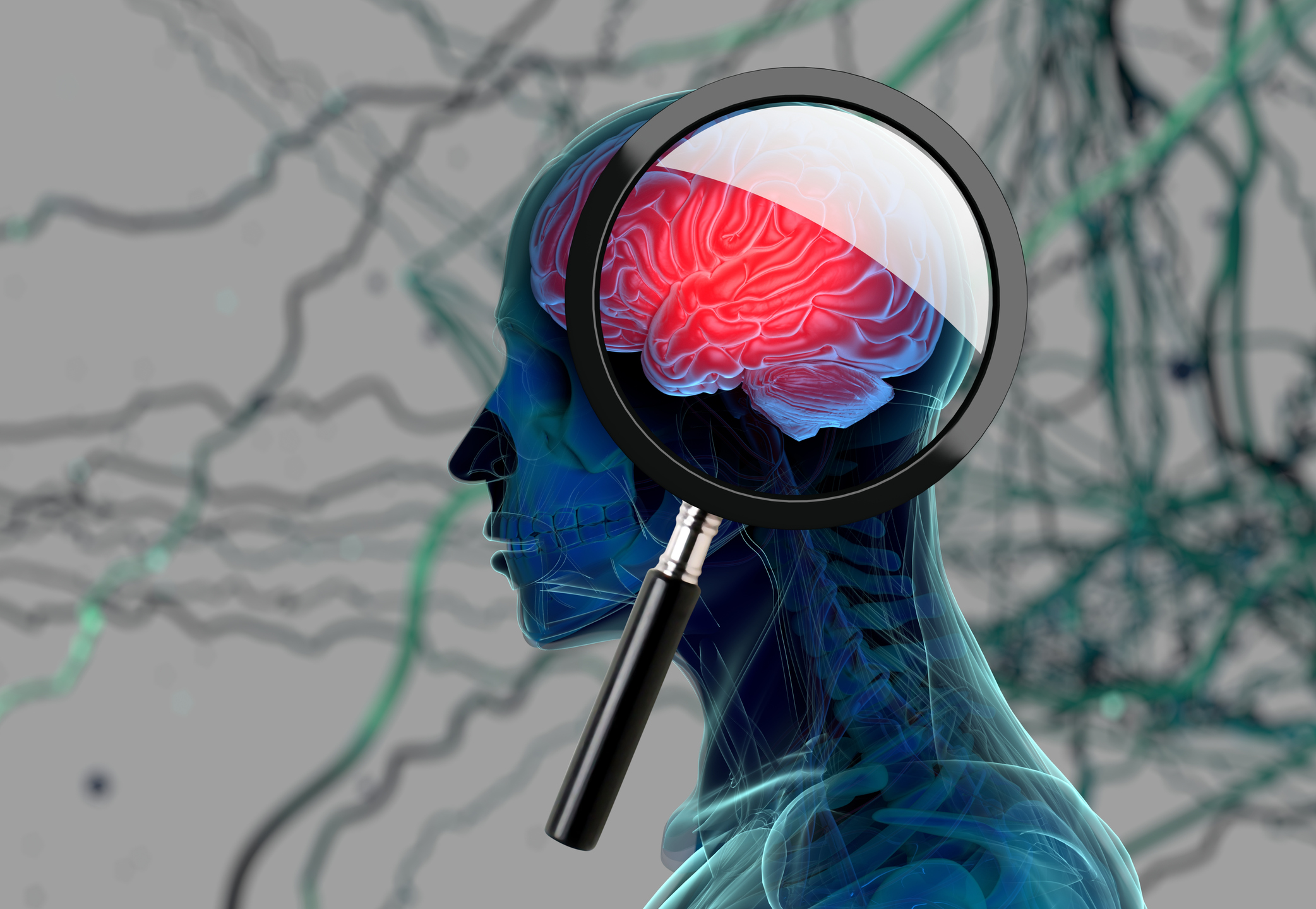With a rapidly greying population, Alzheimer’s Disease is growing into a full-blown crisis among older adults. But despite years of research there is no cure and the drugs approved for A.D. treat only symptoms but not the underlying cause of the disease and it’s progression. Researchers are starting to wonder if they have been going down the wrong path for too long.
Since 1992, researchers have worked to develop drugs based on the amyloid hypothesis, focusing on finding medications that would clear the brain of the sticky amyloid plaques that are found in the brains of people with Alzheimer’s. After 25 years of failing to create a successful drug that prevents the clumping of these proteins in the brain, some researchers are ready give up on the amyloid theory. Scientists still don’t know the cause of A.D. and with many promising drug trials ending in failure, some pharmaceutical companies are ending their Alzheimer’s research programs.
It is estimated that 5.7 million Americans are currently living with A.D. and by 2050, this number is expected to soar to nearly 14 million. Not only does the disease rob people with Alzheimer’s of their memory and other cognitive abilities, the burden on unpaid caregivers and health care systems is enormous.
According to a recent CBC News report, Professor Michael Murphy of the Sanders Brown Center on Aging at the University of Kentucky has raised questions about the amyloid hypothesis and although there are still several promising trial underway, he feels new approaches should be explored. Other researchers agree that it may be nearly time to let go of the amyloid hypothesis; Microsoft founder Bill Gates has just invested $50 million in the Dementia Discovery Fund, created to fund less mainstream research to treat brain diseases.
Murphy is looking at the link between cerebral vascular disease and A.D. and other researchers are investigating neuroinflammation and the role free radicals play on the microglia, immune cells of the brain. Microglia may delay the progression of Alzheimer’s by clearing away cellular debris but they might also be contributing to the disease.
As current drug trials wrap up in the next few years, if unsuccessful, more researchers may focus their efforts on new approaches to find therapies that can prevent and hopefully cure Alzheimer’s disease.






Add Your Voice
0 Comments
Join the Discussion